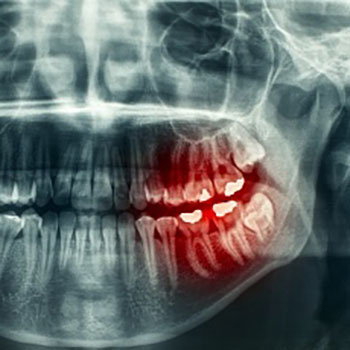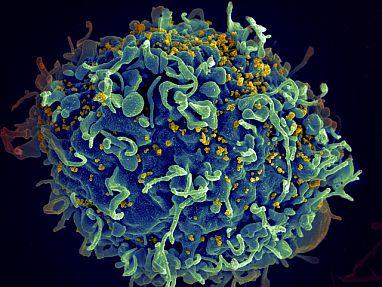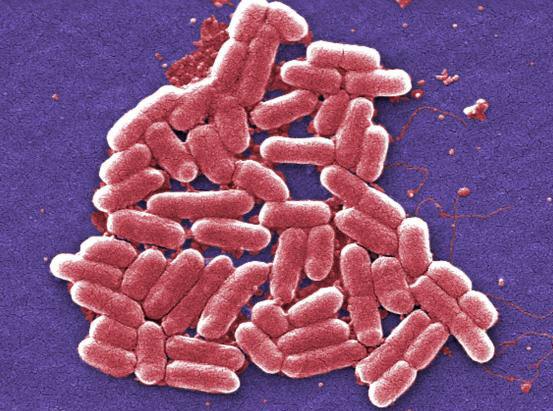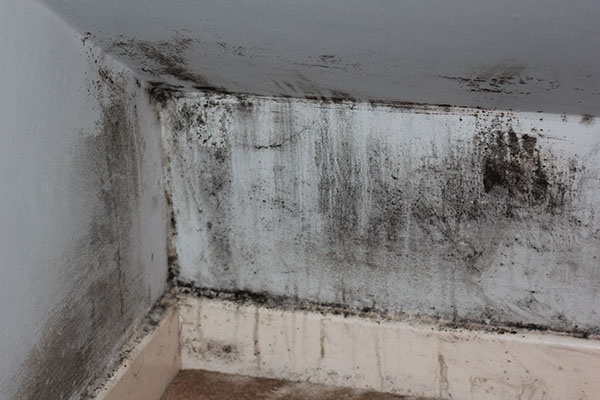Enzyme Therapy Helps Rebuild Teeth
Study in Mice Suggests a New Approach to Treating Periodontal Disease
Our teeth are extremely tough, but neglectful oral hygiene practices and certain genetic disorders can still massively damage them. If this deterioration becomes bad enough, teeth can be permanently lost. In a recent study, IRP researchers identified a promising new strategy for helping the body regenerate a part of the tooth that is particularly difficult to repair.










